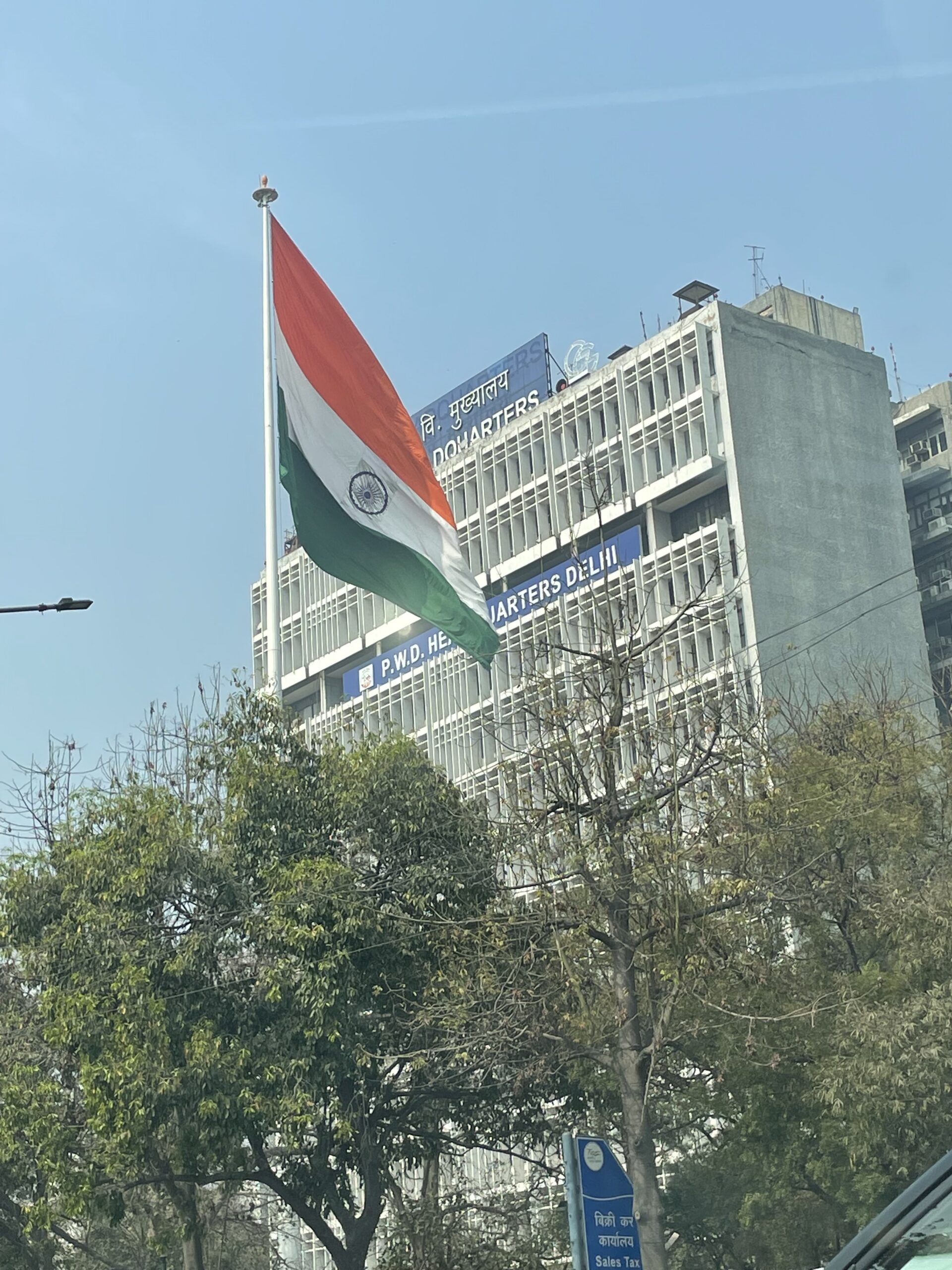In a major development, the Indian Parliament has given the green light to a no-confidence motion, initiated by Gaurav Gogoi, Deputy Leader of the Congress party. The motion has garnered support from the newly formed opposition alliance, INDIA, of which the Congress is a major part of.
Although no-confidence motions are commonly seen only as instruments of bringing down a government, they could also be used to corner the ruling government on important issues. Like in this case the opposition’s primary objective behind this no-confidence motion is to exert pressure on the government and demand answers to critical issues plaguing the country particularly the ongoing ethnic violence in Manipur.
Since early May, the northeast state has been engulfed in clashes between the Hindu Meitei majority and Christian Kuki minority tribe. The situation has escalated to such that at least 160 people are believed to be dead, and over 70,000 internally displaced. Hundreds of churches have been destroyed in the clashes that turned religious from the beginning.
The nearly three-month long violence, which was largely ignored by mainstream media, sprang to national attention, and shook the conscience of the nation after a video surfaced about a horrifying incident that took place on May 4, one day after the violence began. The video depicts the plight of two Christian tribal women who were brutally sexually assaulted, raped, paraded naked and humiliated by a Meitei mob in Manipur. This appalling event sparked nationwide outrage, forcing Prime Minister Narendra Modi to finally comment on the incident in a public statement. Yet critics noted that he refrained from commenting on the violence and situation in Manipur as a whole.
The opposition had been demanding that the prime minister make a statement on the happenings in Manipur, but after it became clear that no statement would be issued, the joint opposition alliance INDIA moved the no-confidence motion. Hence, the acceptance of the no-confidence motion presents a platform for the opposition to draw attention to the situation in Manipur and other pressing concerns.
The opposition wants to use the no-confidence motion to demand accountability and answers from the ruling party and to seek explanations on various issues that the government may have been avoiding.
This isn’t the first time the ruling government has faced a no-confidence motion. Back in 2018, a similar motion was triggered by the issue of granting special category status to Andhra Pradesh. However, the government managed to survive the motion after an extensive 12-hour debate.
According to set procedure, to move a no-confidence motion, it must be presented in the Lok Sabha (the lower house of Parliament) and requires support from at least 50 lawmakers for it to be accepted. Once accepted, the Speaker sets a date for the vote within ten days. If the government fails to prove its majority during the vote, it will be compelled to resign.

Although the odds may not be in the opposition’s favour in terms of securing victory, they perceive the no-confidence motion as a formidable tool to compel the prime minister to address the concerns raised by the public and the opposition. The main objective is to hold the government accountable for its actions and decisions, particularly in the context of the ongoing unrest in Manipur.
Looking ahead, the debate and vote on the no-confidence motion will be pivotal in determining the government’s response and willingness to address the pressing issues that affect the Indian populace, particularly Manipur. Regardless of the outcome, the motion represents a democratic endeavour to foster transparency and accountability in governance. In the face of India’s challenges, these parliamentary procedures hold immense importance in shaping the nation’s future.

